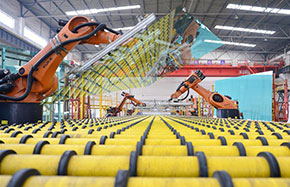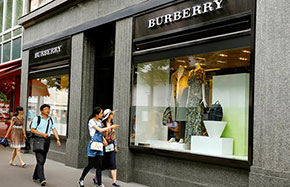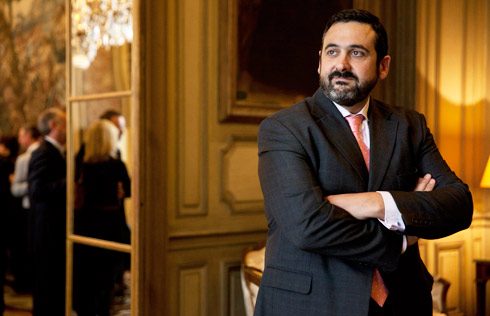Urban planners eye China's cities
The five-star hotel is striking because it uses the existing landscape in an innovative way. As water already existed in the old quarry, Atkins has kept water as a main theme, turning the lowest level of the hotel into a venue for water sports, with a spa and a swimming pool. The underwater level is designed to host an aquarium.
"Because of the location, we couldn't build a tall tower, so we went down into the quarry and built an interesting design."
Apart from new construction projects, Harrison said his team is heavily involved in many regeneration projects to help cities cope with a growing urban population and give them a new look.
"Urban areas often just need a new look and refresh. Maybe they suffer from transport problems as car ownership increases rapidly. There may be other concerns such as water quality or the quality of the urban environment."
Harrison said one of his team's projects is providing guidelines on the regeneration work for Chengdu, capital of Sichuan province, a city known for its relaxed lifestyle but which has been transformed in recent years as a result of its fast-growing high-tech industries.
Features of the regeneration included increasing greenery and building more low-speed roads in the city center, adding central islands to pedestrian crossings to ensure safety, adding more leisure facilities such as shops and restaurants around big community parks, and increasing the use of green material for important public sector buildings.
"The key is to identify the real character of the area," Harrison said. "Chengdu has many lively areas, especially its markets. It also has many natural landscape features, like river courses. It is important to make sure they are retained and not destroyed.



















